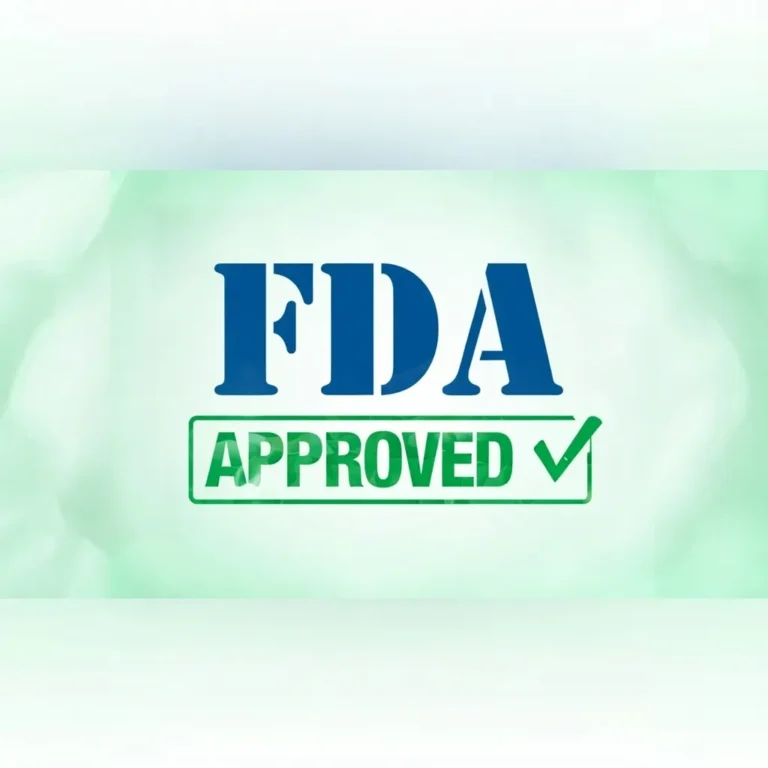
Bristol Myers Squibb (NYSE: BMY) has announced that the U.S. Food and Drug Administration (FDA) has approved COBENFY™ (xanomeline and trospium chloride), an oral medication for treating schizophrenia in adults. This marks the first new class of schizophrenia treatment in decades, introducing a novel approach that selectively targets M1 and M4 receptors in the brain without blocking D2 receptors.
“Today’s approval of this first-in-class treatment represents a major milestone for the schizophrenia community,” said Chris Boerner, PhD, board chair and CEO at Bristol Myers Squibb. “After more than 30 years, there is finally a new pharmacological approach that could transform treatment.” Boerner added that Bristol Myers Squibb is reentering the neuropsychiatry field with a commitment to reshaping the conversation around serious mental illness, starting with this approval.
Schizophrenia is a chronic and often debilitating mental illness that affects thinking, emotions, and behavior. It is estimated that approximately 2.8 million people in the U.S. live with this condition, which typically manifests in early adulthood. Symptoms can vary greatly, making the illness difficult to diagnose and manage. Current treatments can be effective but often come with limitations, as up to 60% of patients experience inadequate symptom relief or intolerable side effects.
“People living with schizophrenia deserve more treatment options,” said Gordon Lavigne, CEO of the Schizophrenia & Psychosis Action Alliance. “This approval provides a new path forward for individuals seeking to manage their condition with the appropriate support.”
The FDA’s decision was based on data from the EMERGENT clinical program, which included three placebo-controlled efficacy and safety trials and two open-label studies evaluating long-term safety. In the Phase 3 EMERGENT-2 and EMERGENT-3 trials, COBENFY met its primary endpoint by significantly reducing schizophrenia symptoms compared to placebo, as measured by the Positive and Negative Syndrome Scale (PANSS) over five weeks. COBENFY showed a 9.6-point reduction in EMERGENT-2 and an 8.4-point reduction in EMERGENT-3, both statistically significant. In EMERGENT-2, COBENFY also improved the Clinical Global Impression-Severity (CGI-S) score, a secondary endpoint.
COBENFY’s safety profile was established through both short- and long-term trials. Common side effects (occurring in at least 5% of patients and twice as frequently as placebo) included nausea, dyspepsia, constipation, vomiting, hypertension, and dizziness. Notably, COBENFY does not carry the class warnings and precautions associated with atypical antipsychotics and lacks a boxed warning.
“Schizophrenia is a highly variable condition, and many patients struggle to find treatments that work for them,” said Rishi Kakar, MD, chief scientific officer and medical director at Segal Trials. “COBENFY’s approval represents a turning point, as it leverages a novel pathway distinct from previous treatments, offering new hope for managing this challenging disorder.





